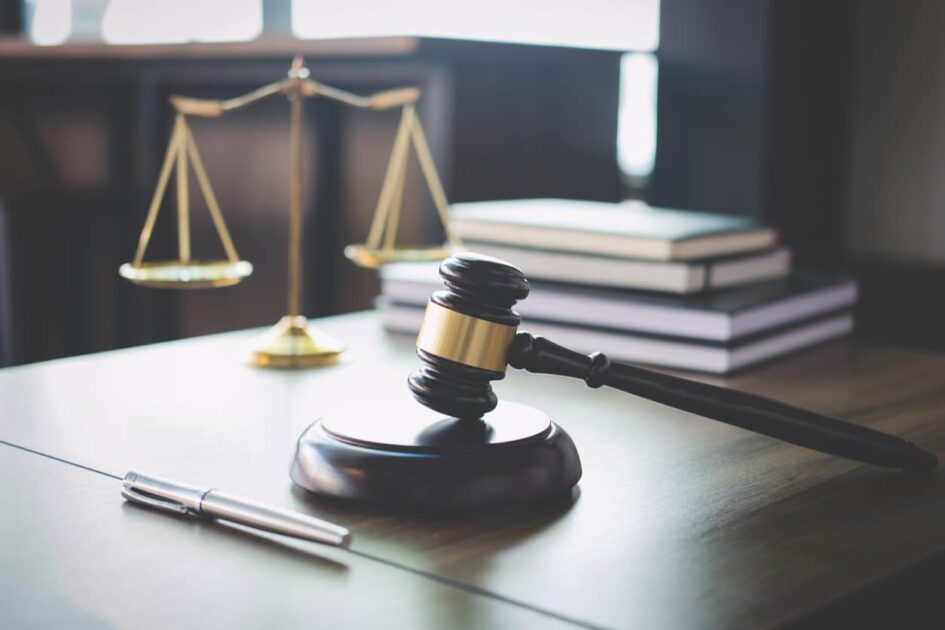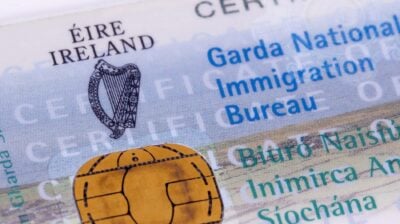Probation and Detention for under 18s in Ireland
Learn more about your rights if you experience probation or detention in Ireland


This factsheet is an extract from the publication Know Your Rights: The Rights of Children and Young People published by the Children’s Rights Alliance. It is reproduced here with their kind permission. Know Your Rights is a public information project designed to inform everyone, in plain language, of the rights and entitlements children have in Ireland and where to go when they are not respected.
What is probation?
Probation is a formal warning that the judge may give you instead of sending you to detention. The court may order you to stop the offending behaviour and may set down certain conditions for your behaviour for a specific length of time. You will be given a probation officer whose job it is to make sure that you follow the conditions of the court order.
Conditions may include:
- continuing with education or training
- doing a drug or alcohol course
- engaging with Le Chéile Mentoring
What happens if I don’t follow my probation conditions?
You can be brought back before the court. The court may direct you to comply with the condition or cancel the order and replace it with another community sanction (such as a community service order or a fine).
Is there a special probation service for young people?
The Young Persons’ Probation (YPP) Service is a special division of the Probation Service which works with young people aged 12 to 18 who come before the courts. The YPP promotes community-based sanctions (such as a community service order or a fine) and restorative justice (this is where victims are given the opportunity to meet or communicate with the offender to describe and explain exactly how the crime has affected them) to reduce re-offending.
Detention for under 18s in Ireland
Can I be sent to prison?
No. Young people under the age of 18 cannot be sent to prison. However, the judge may decide that a young person is to be removed from the community, either:
- while the judge is deciding what to do, or
- because the judge has decided to send a young person to detention
If the judge decides a young person is to be removed from the community, they send the young person to Oberstown Children Detention Campus in Dublin. The Campus aims to provide appropriate educational and training programmes. It provides care, education and training, but it is a secure facility which means you are not free to come and go. Though the Campus aims to maintain and encourage family relationships, if you are in detention, it may affect how much contact you have with the outside world.
What will happen when I am in Oberstown?
Oberstown’s objective is to provide safe, secure and appropriate care so you can meet your health and education needs. Oberstown will help you to address your offending behaviour and prepare you for your return to your families and communities after you are released from detention.
For more information on what will happen see the Oberstown Information Guide for young people.
What are my rights while I am in detention?
- You have a right to have your health, safety and welfare looked after
- You should be provided with education
- You can do Junior and Leaving Cert subjects and exams or QQI (Quality and Qualifications Ireland) modules. Classes run for 45 minutes each. You will have three or four classes each day
- You should receive proper care and be able to maintain and develop relationships with your family
- Your personal, cultural and linguistic needs should be recognised
- You must be treated with respect and protected from discrimination and harm, including bullying
If you require medical treatment that cannot properly be provided for on the Campus, the Director of the Campus should make arrangements for you to be admitted into a hospital. All decisions should be made in your best interests and you have a right to have your voice heard while in Oberstown. You can take part in a range of meetings including meetings about your care and unit meetings.
Can I complain about my treatment in detention?
Yes, you can complain about your treatment to your key-worker who is a member of the Oberstown staff. You can also speak to the management at Oberstown.
- The complaints system should be fair and easy for you to access
- You should also be provided with clear information and support on how to complain
- Your key worker can explain the complaints process to you
- You should receive feedback on any complaint made
Empowering People In Care (EPIC) also provides a monthly visiting service to help you understand your rights. If you want to make a complaint while you are in detention, EPIC will help you to do so. You can contact EPIC directly on (01) 872 7661.
If you are not happy with the response to your complaint, you can appeal to the Director of Oberstown. If you are not happy with the outcome (result) of the appeal, you can complain to the Ombudsman for Children.
You can also complain to the Health Information and Quality Authority who carry out inspections of Oberstown and publish inspection reports. They will not publish details of your complaint, but it may affect their next inspection.
If you would like information about how to navigate the complaints process you can contact the Children’s Rights Alliance Information Line on 01-902 0494.
Do I have to tell people that I have a conviction?
This depends. If your offence was less serious, you can have your conviction removed from your record providing you do not offend again for three years after you turn 18. If this happens, you do not have to tell anybody about the offence. Your inclusion in the Diversion Programme may be disclosed if you are undergoing Garda Vetting depending on the circumstances.
Some convictions cannot be removed from your record, for instance if you were convicted in the Central Criminal Court or if your offence came under the Sex Offenders Act 2001. For more information, contact the Children’s Rights Alliance Information Line on 01-902 0494.
Different countries may still require you to tell them about your convictions if you are looking for a visa to travel or emigrate there. This includes the USA and Australia. A conviction might prevent you getting a visa or being allowed to emigrate there. For more information on this you should contact the embassy of the country you are looking to travel to.
How do I get eligible convictions removed from my record?
Eligible convictions should be removed from your record automatically. If you think convictions that should have been removed still appear on your record, you should contact the National Vetting Bureau and ask them about it.






